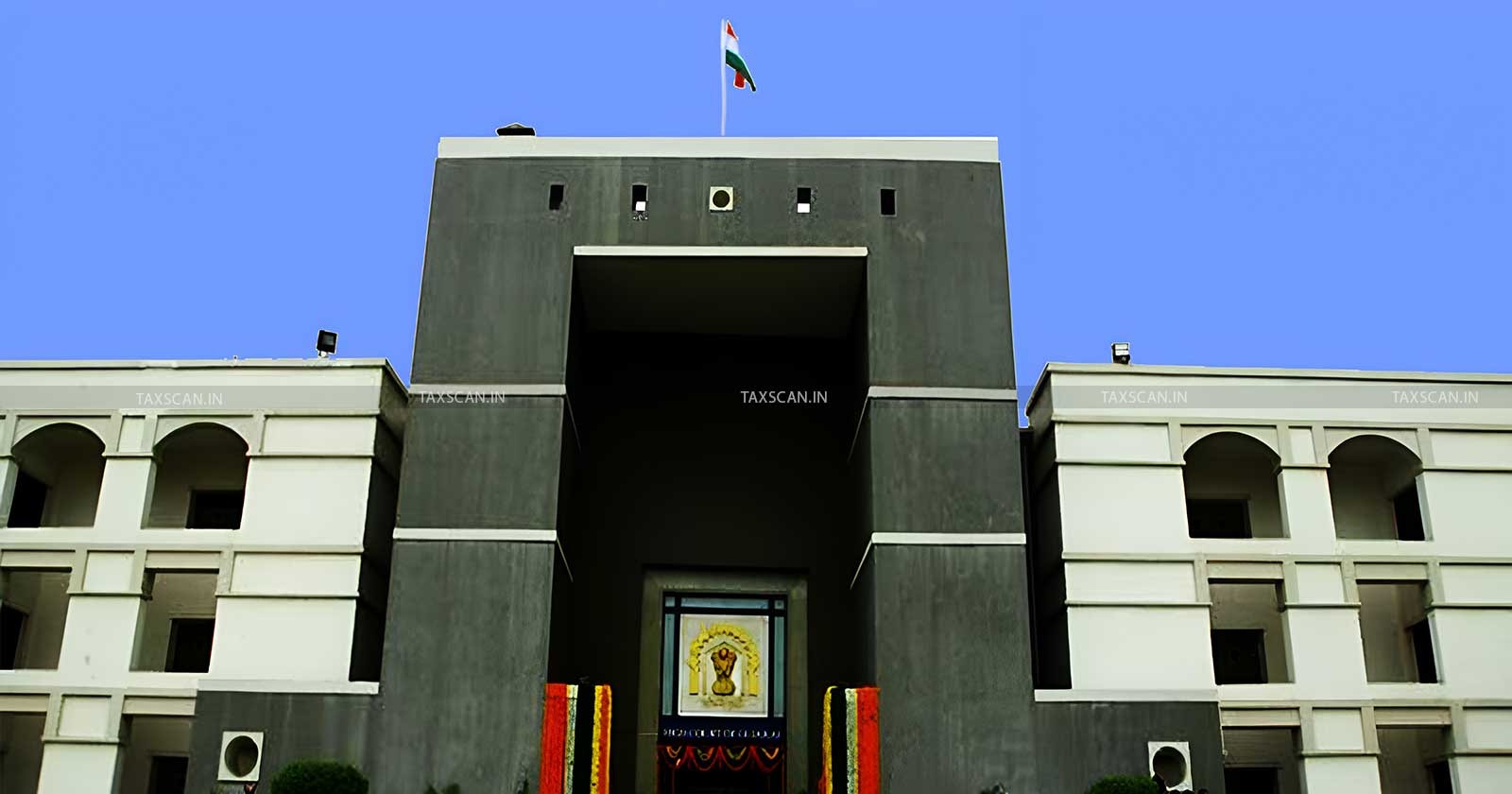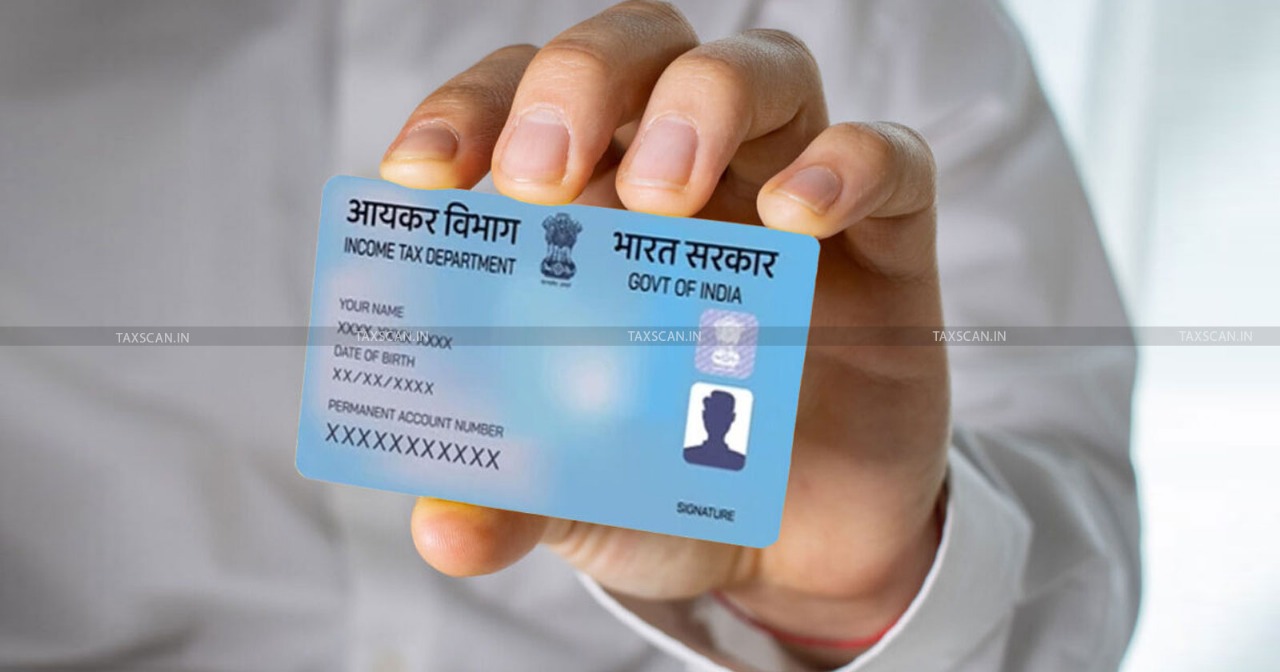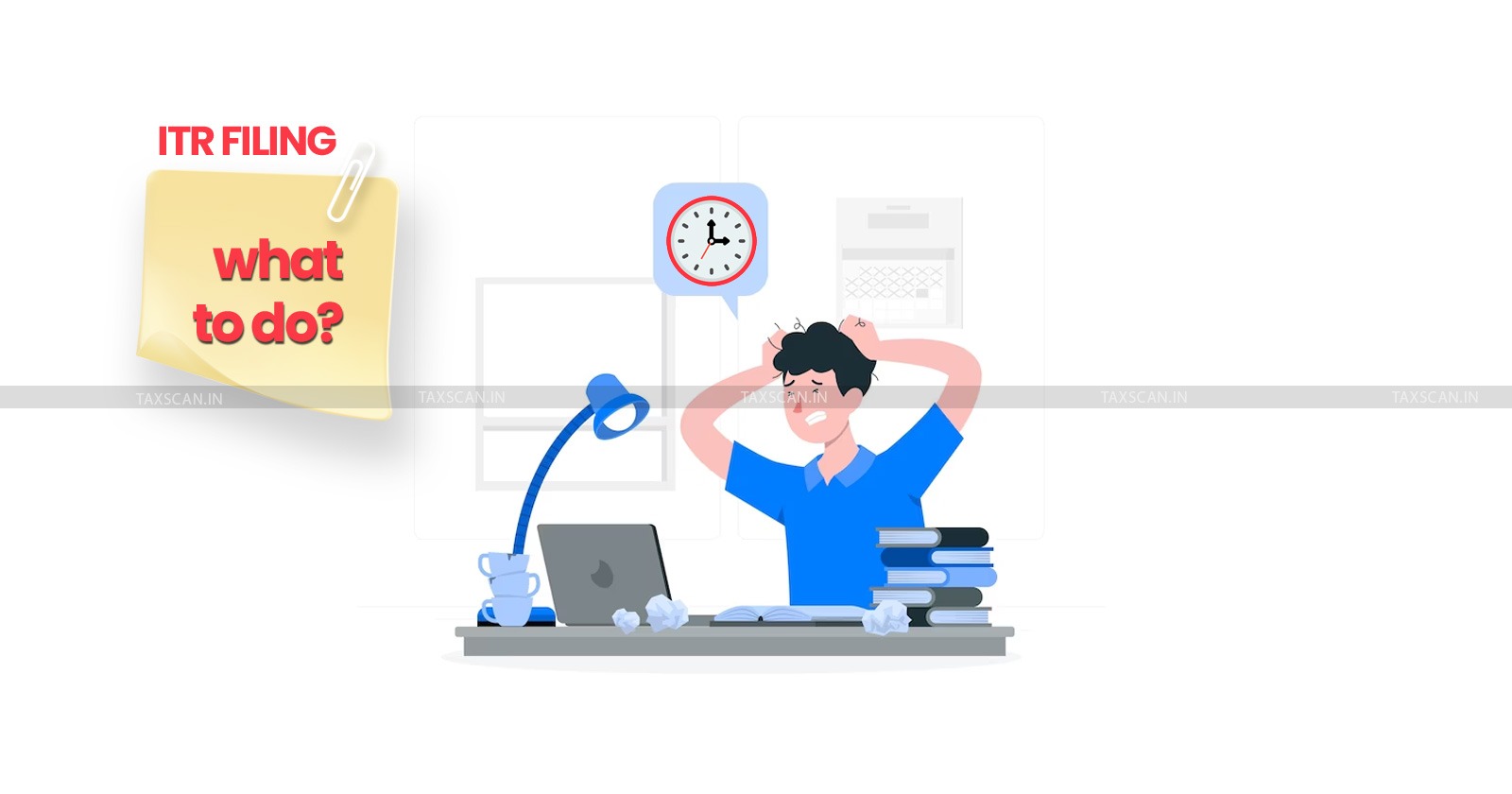GST ITC cannot be Denied u/s 17(5) when Insurance is for Business Premises, Stock-In-Trade and not Motor Vehicle: Gujarat HC [Read Order]
The Court noted that the insurance policy was for “Standard Fire and Special Perils” for stock-in-trade and plant machinery, which could not be equated to motor vehicle insurance.
![GST ITC cannot be Denied u/s 17(5) when Insurance is for Business Premises, Stock-In-Trade and not Motor Vehicle: Gujarat HC [Read Order] GST ITC cannot be Denied u/s 17(5) when Insurance is for Business Premises, Stock-In-Trade and not Motor Vehicle: Gujarat HC [Read Order]](https://images.taxscan.in/h-upload/2025/11/28/2108445-motor-vehicle-taxscan.jfif)
The Gujarat High Court recently held that input tax credit (ITC) cannot be denied to a business owner when the insurance policy pertains to stock-in-trade and business premises and is not a policy for “motor vehicle insurance”; the Court thus set aside the department’s action of treating the petitioner’s policy as ineligible for ITC under Section 17(5) of the CGST Act.
 Also Read:Transfer of Leasehold Rights Not Taxable under GST: Gujarat HC Quashes SCN Issued to KP Green Engineering Limited
Also Read:Transfer of Leasehold Rights Not Taxable under GST: Gujarat HC Quashes SCN Issued to KP Green Engineering Limited
The decision was given by the Gujarat High Court against a writ petition filed by Arraycom (India) Limited (Arraycom), an entity engaged in manufacturing thick-film materials, solar power solutions, and system integration services. Arraycom had availed ITC for the financial year 2020-21 on the premium paid towards two insurance policies issued by United India Insurance Co. Ltd.
The said insurance policies covered stock-in-trade, business premises and manufacturing equipment under standard fire and special perils categories, wherein it is specifically mentioned that the risk covered under the said policies is in respect of 'Electronic Goods Manufacturing/Assembly'.
The department flagged the premium amount on the insurance policy on the mistaken classification that the insurance availed by the petitioner was motor vehicle insurance instead and allegedly fell under the ineligible category of Section 17(5) of the GST Act.
The proceedings began with an intimation in Form DRC-01A in October 2024, followed by a show cause notice in November 2024.
The department ultimately confirmed a demand of ₹1,72,884 by treating the insurance premium as relating to motor vehicles and issued Form DRC-07 on 7 February 2025. Subsequently, on 9 June 2025, the tax authorities also directed the petitioner’s bank to withhold and remit the disputed amount under Section 79.
The petitioner submitted a detailed reply in Form DRC-06 that the misclassification was apparent from the insurance documents and that the ITC was lawfully reflected in GSTR-3B and GSTR-2A without mismatch. Consequently, the petitioner sought to avail the writ jurisdiction of the Gujarat High Court since the appellate limitation had expired.
Chaitanya S. Joshi appeared for Arraycom and reiterated the submissions, while contending that the department proceeded to attach the petitioner’s bank account without resorting to the remedy available under Rule 145 of the CGST Rules, 2017 and without quantifying whether any demand is sustainable post clarification.
The State, represented by Shrunjal Shah, could not controvert the fact that the GST authorities had wrongly interpreted the provisions of section 17(5)(b) of the GST Act and wrongly disentitled the insurance policy of the petitioner.
The Bench comprising Justice Bhargav D. Karia and Justice Pranav Trivedi examined the records and noted that the entire premise of the department’s demand was based on a factual error. The Court observed that the insurance policy, as evidenced on record, was for “Standard Fire and Special Perils” covering stock-in-trade and plant machinery, which could not be equated to motor vehicle insurance.
Complete Supreme Court Judgment on GST from 2017 to 2024 with Free E-Book Access, Click here
Referring to the statutory framework, the Court held that Section 17(5)(b)(iii) of the CGST Act, 2017 restricts input tax credit only on insurance, repair, and maintenance “in respect of motor vehicles,” and therefore cannot extend to policies pertaining to business infrastructure and manufacturing equipment.
 Also Read:Failure to Follow SOP in Faceless Proceedings for Non-Responsive PAN Holder: Gujarat HC Quashes Income Tax Assessment [Read Order]
Also Read:Failure to Follow SOP in Faceless Proceedings for Non-Responsive PAN Holder: Gujarat HC Quashes Income Tax Assessment [Read Order]
The Division Bench opined that the respondent could not\ have assumed jurisdiction to disallow ITC on insurance premium which is not for motor vehicle.
Consequently, the Court ruled that the ITC was lawfully available to the petitioner, setting aside the impugned order dated 7 February 2025, with the rule being made absolute to the extent herein.
Support our journalism by subscribing to Taxscan premium. Follow us on Telegram for quick updates



